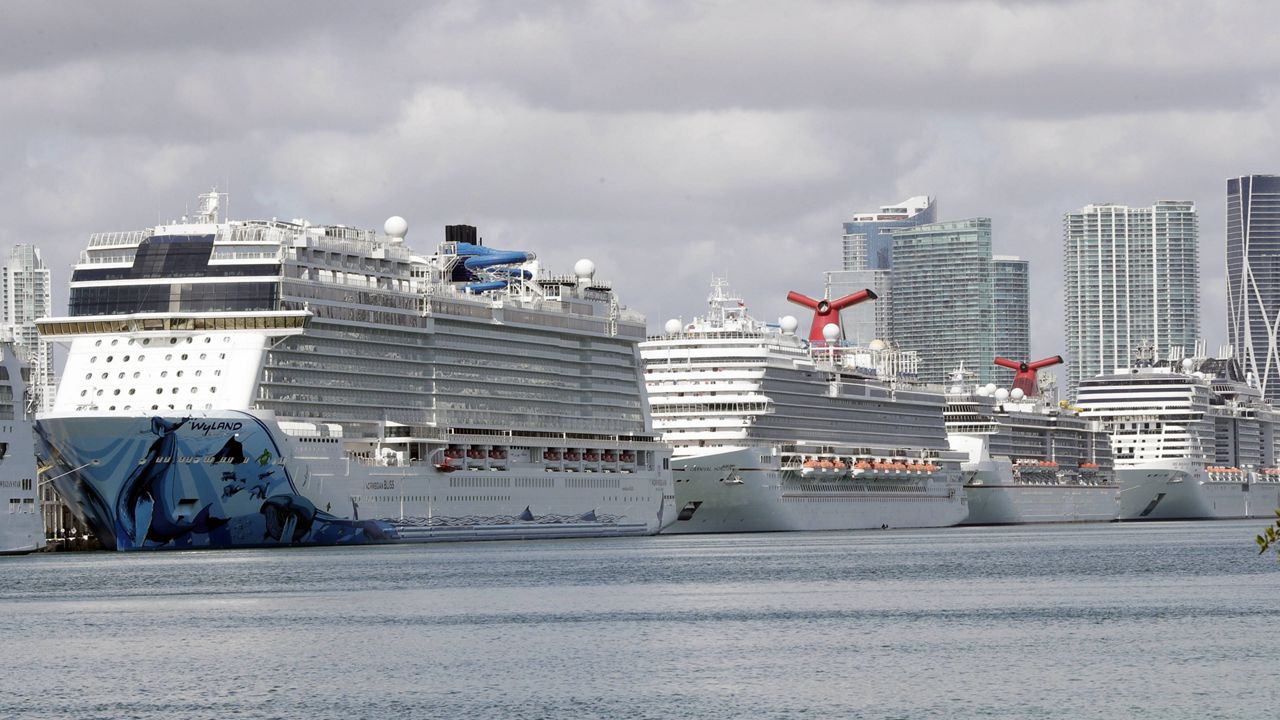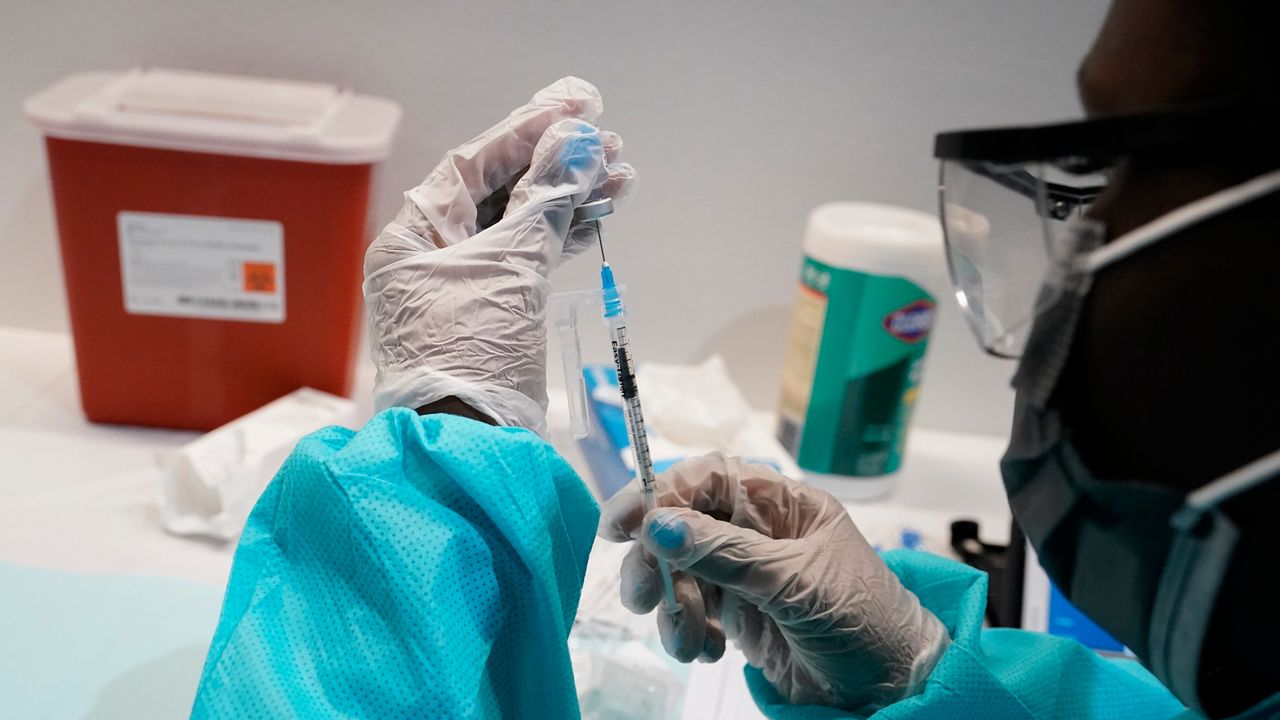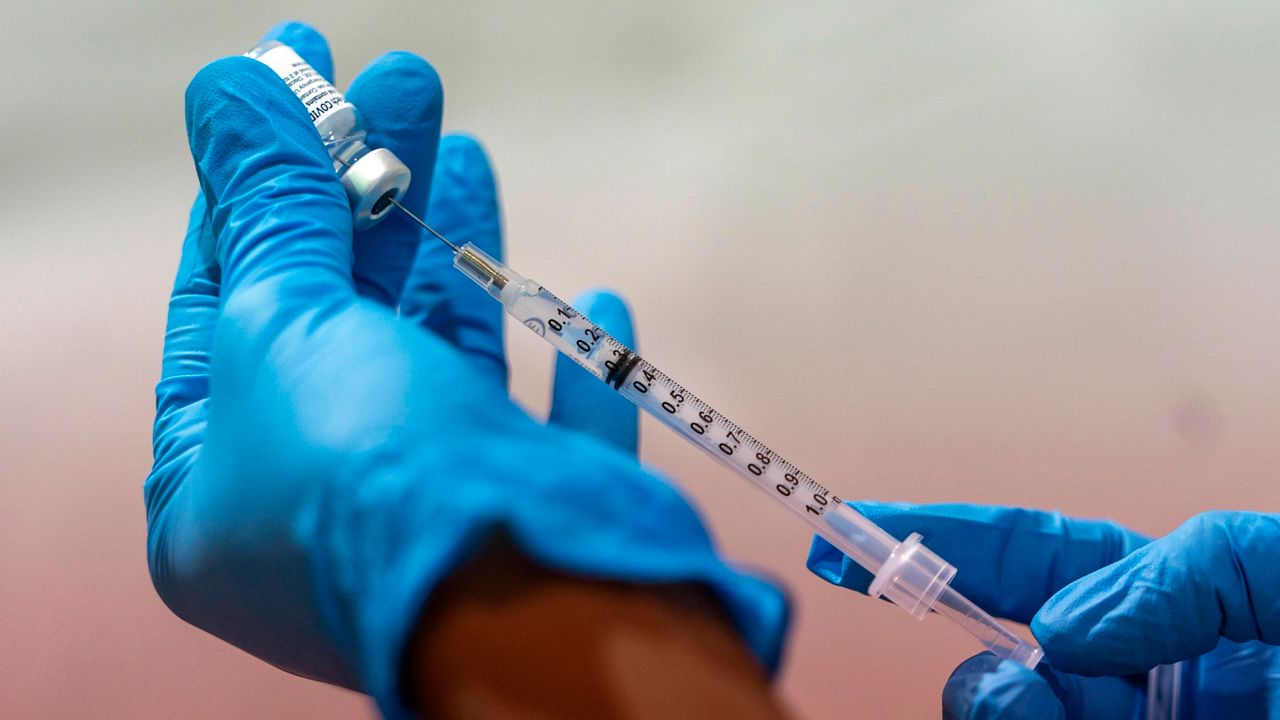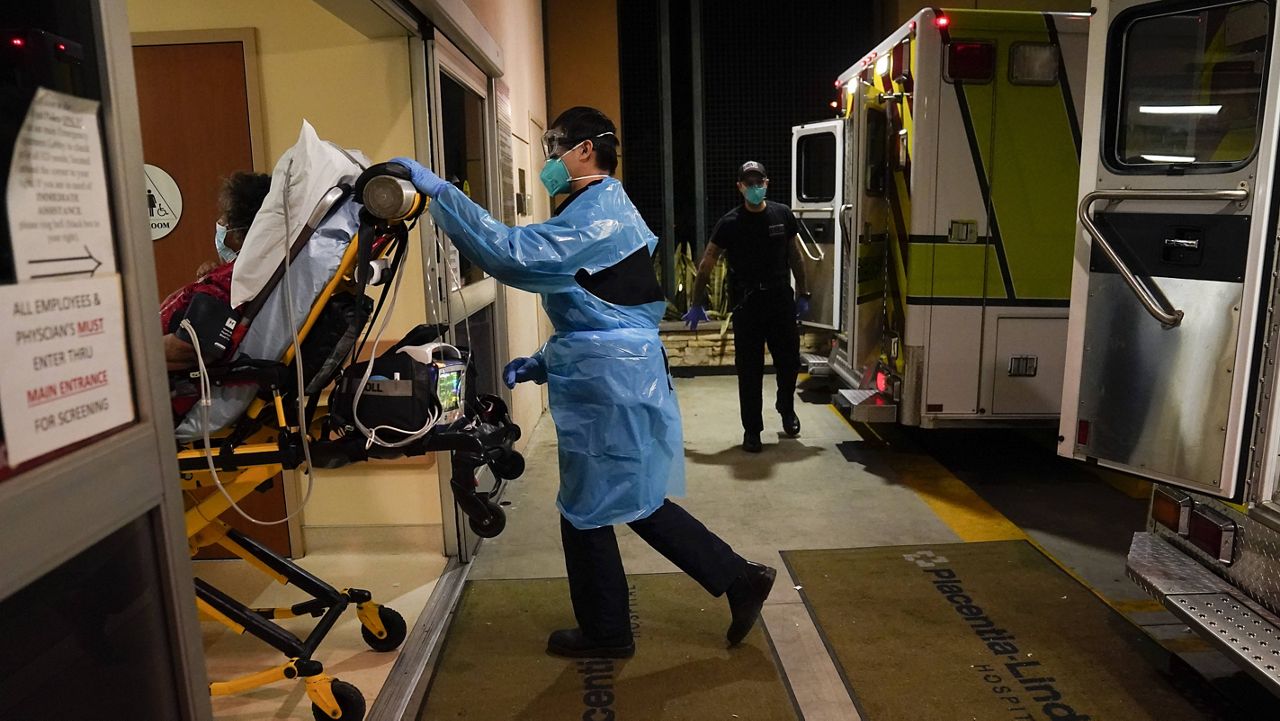ATLANTA — The Centers for Disease Control and Prevention have issued a blunt warning about cruise ships during the coronavirus pandemic: Avoid them.
What You Need To Know
- The CDC has issued new a recommendation that "all people avoid travel on cruise ships"
- The public health agency raised the travel risk of cruise ships to Level 4, meaning there is a "very high" risk of COVID-19 on them
- The CDC lifted its no-sail order on Oct. 30 but with conditions; the industry has voluntarily suspended U.S. operations through the end of the year
- Earlier this month, one of the first ships to return to Caribbean waters had to cut its voyage short when seven passengers and two crew members tested positive for COVID-19
The public health agency has raised the travel risk of cruise ships to Level 4, its highest classification.
“CDC recommends that all people avoid travel on cruise ships, including river cruises, worldwide, because the risk of COVID-19 on cruise ships is very high,” the CDC’s website says. “It is especially important that people with an increased risk of severe illness avoid travel on cruise ships, including river cruises.”
The agency says there is an increased risk of person-to-person transmission of the virus aboard cruise chips and that outbreaks have been reported on them.
The CDC says that people who do choose to travel on cruise ships should get tested three to five days after their trips and stay home for seven days even if they test negative. If they do not get tested, they are advised to shelter at home for 14 days.
Spectrum News has reached out to the Cruise Lines International Association, an industry trade group, for comment.
On Oct. 30, the CDC lifted its monthslong no-sail order on cruise ships but issued a list of conditions they must meet before resuming operations, including testing requirements and written agreements with medical facilities on land. The cruise industry has voluntarily suspended U.S. operations through at least the end of the year.
Earlier this month, the SeaDream 1, one of the first ships to return to Caribbean waters, had to cut its voyage short when seven passengers and two crew members tested positive for the virus. Sue Bryant, who was aboard the ship and is a cruise editor for The Times and The Sunday Times in Britain, said passengers were required to have a negative test to enter Barbados, where it departed from, and underwent another test on the dock administered by the ship’s doctor.
Because the SeaDream 1 operated outside U.S. waters, it was not subject to CDC rules.
The U.S. has recorded more than 12.4 million coronavirus cases and 257,000 deaths since the start of pandemic. The country is in the midst of its third and worst wave yet, with more 1.2 million confirmed cases recorded in the last week alone.
The Miami Herald reported that at least 3,908 people have contracted COVID-19 aboard cruise ships, with at least 111 dying from the disease.









